20+ Years Experience
Specialist Alcohol Help

Binge drinking is a widespread issue that affects individuals from all walks of life. Despite its prevalence, many people are unaware of the true dangers and consequences of this destructive pattern of alcohol consumption.
In this comprehensive guide, we’ll explore “what is binge drinking”, its effects on mental and physical health, and effective strategies to identify and address this harmful behaviour.
Get ready to uncover vital knowledge that could potentially save lives and improve overall well-being.
Binge drinking is the consumption of alcoholic beverages with the intention of achieving an inebriated state through rapid ingestion of a large quantity of alcohol over a limited period of time.
This pattern of excessive alcohol consumption is not only dangerous but also linked with a range of health risks, such as injuries, violence, liver diseases, and cancer.
Binge drinkers often have personality traits such as impulsivity and a penchant for seeking out novel sensations and situations, which can be exacerbated by heavy drinking of alcohol.
While binge drinking is a serious issue, it’s essential to distinguish it from alcoholism or alcohol use disorder. Not all individuals who binge drink are alcohol dependent.
However, understanding the criteria for binge drinking and the effects it can have on blood alcohol concentration can provide valuable insights into the dangers and potential consequences of this behaviour, including the risk of developing both drug and alcohol use disorder, and alcohol dependence.
The technical definition of binge drinking varies by gender. Males should not consume more than 8 units of alcohol in a single session.
For females, it is even lower at 6 units. It’s crucial to recognise that binge drinking is distinct from alcoholism or other drug and alcohol dependence, or other drug and alcohol dependence or use disorder or disorders, as not all individuals and age groups who partake in binge drinking are drug and alcohol-dependent.
Engaging in a binge drinking session can lead to serious health effects, including an increased risk of injuries, violence, liver diseases, and cancer.
Therefore, it’s imperative to be aware of the criteria for binge drinking and take necessary precautions to avoid falling into this destructive pattern of binge alcohol consumption.
During a binge drinking episode, blood alcohol concentration (BAC) can rise significantly. Consuming a considerable amount of alcohol in a brief period short space of time defines binge drinking can result in a BAC of 0.08% or higher, which impairs judgment and impulse control. A high BAC during binge drinking may result in unintentional injuries and other short-term damages.
It has been observed that the likelihood of experiencing accidents or injuries increases two to five times when consuming between 5 and 7 units of alcohol in a single drinking session, as compared to not consuming any alcohol.
This alarming statistic highlights the importance of understanding the correlation between high blood pressure, alcohol concentration and binge drinking, as well as the potential short-term risks associated with this behaviour.
Drinking can have both short-term and long-term effects on an individual’s health. In the short term, binge drinking can cause physical discomforts such as nausea, headaches, and dizziness, as well as impaired judgment, memory loss, and the potential for alcohol poisoning.
Drinking may also result in an increased risk of accidents, including car accidents, falls, and drowning. These short-term effects of underage drinking and alcohol poisoning can contribute to the societal and personal that binge drinking increases the costs associated with this behaviour.
Long-term consequences of binge drinking may include chronic health issues, addiction, and detrimental effects on mental health. Liver damage, brain damage, and an elevated risk of certain cancers are among the long-term health problems that can result from frequent binge drinking.
It’s crucial to understand the potential mental health problems and ramifications of binge drinking and take preventive measures to avoid these serious consequences.
Some short-term effects of binge drinking can be both physically and emotionally uncomfortable. Nausea, headaches, and dizziness are common physical discomforts experienced during a binge drinking episode.
Furthermore, how much alcohol is, binge drinking can have a detrimental effect on an individual’s judgment, resulting in less prudent decisions and a heightened propensity for taking risks.
Other short-term effects of alcohol misuse and binge drinking include “hangxiety,” a combination of a hangover and anxiety, which may be triggered by excessive alcohol consumption. Blackouts, defined as periods of short-term memory loss, are another short-term consequence of binge drinking.
Understanding these short-term effects can help individuals recognise the dangers of binge drinking and take steps to avoid this destructive behaviour.
The long-term consequences of binge drinking can be severe and far-reaching. Chronic health issues, both chronic disease and psychiatric disorders such as respiratory difficulties, convulsions, and neurological impairment, can result from prolonged binge drinking. In addition to chronic liver disease, frequent episodes of binge drinking can lead to addiction and a decline in mental health.
There is a strong correlation between alcohol and depression, with approximately 60% of individuals seeking treatment for alcohol abuse also requiring mental health treatment.
The long-term effects of binge drinking can be devastating, making it crucial to recognise the risks and take preventive measures to avoid these consequences.
Recognising the signs of binge drinking is essential for addressing this issue and taking steps to improve one’s health.
Behavioural indications of binge drinking may include the consumption of a considerable amount of alcohol within a brief timeframe, drinking to achieve intoxication, drinking rapidly, and participating in hazardous activities while under the influence of alcohol.
Emotional and mental health indications of binge drinking may include feelings of guilt, depression, anxiety, and a decline in mental and physical health.
Understanding the signs of binge drinking can help individuals identify whether they or someone they care about is struggling with this destructive pattern of alcohol consumption.
By recognising these signs, individuals can take necessary steps to further substance abuse, develop alcohol to address binge drinking habits and work towards healthier lifestyles.
Behavioural signs of binge drinking can be both subtle and overt. Some common signs include not adhering to predetermined limits, experiencing memory loss, and engaging in imprudent conduct.
Other indications may include consuming alcohol in excess and quickly, drinking with the intention of intoxication, participating in hazardous activities while under the influence, disregarding duties or commitments due to drinking, encountering blackouts or amnesia, alterations in mood or behaviour when consuming alcohol, and persisting with drinking in spite of negative results.
It’s vital to be aware of these behavioural signs to identify binge drinking habits and take appropriate action. By recognising these signs, individuals can seek help, make necessary lifestyle changes, and work towards a healthier relationship with alcohol.
Drinking can have significant consequences on both physical and mental health. Emotional and mental health signs of binge drinking can be just as telling as behavioural signs.
Feelings of guilt, heightened anxiety, depression, increased irritability, impaired judgment, memory difficulties, increased risk-taking behaviour, and relationship difficulties develop alcohol, are some indicators of emotional and mental health issues that may be associated with binge drinking.
Understanding these emotional and mental health signs can help individuals recognise when they or someone they care about is struggling with binge drinking.
By acknowledging these signs, individuals can take the necessary steps to address the issue and seek professional help, if needed, to improve their overall well-being.
There are several strategies for reducing binge drinking and fostering a healthier relationship with alcohol. These strategies include setting limits, monitoring consumption, and exploring alternative beverages or activities.
By incorporating these strategies into their daily lives, individuals can take control of their alcohol consumption and reduce the risks associated with binge drinking.
Understanding and implementing these strategies can help individuals manage their alcohol intake and prevent binge drinking episodes.
In the following sections, we’ll explore each strategy in more detail, providing practical tips and advice for effectively reducing binge drinking behaviour.
Setting limits and tracking consumption are essential steps in managing alcohol intake and preventing binge drinking episodes.
Establishing boundaries, such as limiting the number of beverages consumed in an evening to five or more drinks or designating a specific time to cease drinking alcohol, can help create healthy boundaries. Monitoring consumption, through a tally of all alcoholic drinks, or the use of an application, can also be beneficial.
Establishing limits and monitoring consumption has several advantages, including assisting in creating healthy boundaries, encouraging self-control, facilitating goal attainment, enhancing cognisance and responsibility, and improving overall well-being.
By setting limits and tracking consumption, individuals can take charge of their drinking habits and reduce the risks associated with binge drinking.
Exploring alternatives to alcohol can be instrumental in the reduction of binge drinking. Non-alcoholic beverages, such as soda, juice, and tea, can provide a healthier alternative to alcoholic beverages.
Engaging in activities that do not revolve around alcohol, such as sports, board games, or going to the movies, can also help reduce the amount of alcohol consumed and the risk of binge drinking.
Implementing these alternatives in social situations can help individuals avoid the temptations and pressures associated with binge drinking.
By embracing healthier alternatives and activities, individuals can work towards a more balanced lifestyle and reduce the negative consequences of binge drinking.
Supporting someone struggling with binge drinking can be a challenging but rewarding experience. The process typically involves initiating a conversation about their drinking habits and encouraging positive change in their behaviour.
It’s important to remember that it is not possible to control the behaviour of another individual and one should not hold themselves accountable for unhealthy behaviours.
In the following sections, we’ll explore ways to initiate a conversation and encourage positive change in someone struggling with binge drinking.
Initiating a conversation about binge drinking can be a delicate process, but is vital in demonstrating support and care for the individual.
To effectively initiate the conversation, it’s crucial to choose an appropriate time and location, demonstrate respect and sincerity, and be prepared to address any possible resistance.
When initiating a conversation, remember that it’s essential to create an opening for disclosure and equip the individual with pertinent information and resources.
Encourage them to seek professional help if necessary, as this can provide additional support and guidance in addressing their binge drinking habits.
Encouraging positive change in someone struggling with binge drinking involves offering support, setting an example, and helping them find healthier coping mechanisms.
Providing support can include listening to their concerns, offering emotional support, and assisting them in locating healthier coping mechanisms.
Setting a positive example for someone struggling with binge drinking involves refraining from excessive drinking oneself and motivating them to do the same.
Assisting the individual in identifying healthier coping mechanisms, such as physical activity, talking to a confidant, or engaging in a hobby, can be a valuable step in helping them overcome binge drinking and improve their overall well-being.
If you or someone you care about is struggling with binge drinking, it’s essential to consider seeking professional help and resources. Consulting a healthcare professional and exploring support groups and treatment options can provide ongoing assistance and resources for addressing binge drinking habits.
In the following sections, we’ll discuss the benefits of consulting a healthcare professional and the available support groups and treatment options for those struggling with binge drinking.
Consulting a healthcare professional, such as a general practitioner (GP), or a specialist like a psychiatrist, psychologist, or addiction specialist, can provide personalised advice and support when dealing with binge drinking.
The process typically entails an initial assessment, diagnosis, and treatment plan, which may include guidance on lifestyle modifications, medications, and other treatments.
Seeking the counsel of a healthcare professional can provide several advantages, including professional guidance, medical evaluation, treatment options, monitoring and accountability, and a holistic approach.
Don’t hesitate to seek the advice of a healthcare professional if you or someone you care about is struggling with binge drinking.
Support groups and treatment options can offer invaluable assistance to individuals struggling with binge drinking.
Organisations such as Alcoholics Anonymous, Al-Anon, Alateen, and other specialists in addiction treatment treatments can provide peer support, accountability, education and information, emotional support, development of coping skills, and long-term recovery support.
By participating in support groups and treatment options, individuals can find the resources and encouragement they need to stop binge drinking, overcome their binge drinking habits, and work towards a healthier lifestyle. Don’t be afraid to explore these resources and get the help you or someone you care about needs to address binge drinking.
Binge drinking is defined by the National Institute on Alcohol Abuse and Alcoholism (NIAAA) as a pattern of heavy drinking of alcohol which brings blood alcohol concentration (BAC) to 0.08 per cent or higher, meaning consuming 5 or more drinks for men and a mixed drink or 4 or more drinks for women in about 2 hours.
Most people who binge or drink heavily are not dependent on alcohol, but it can still be harmful.
Drinking is not the same as binge drinking costs some drinkers, as being alcoholic. While a binge drinker will consume large amounts of alcohol in a short period short space of time, an alcoholic beverage may consume smaller amounts of alcohol over a more consistent period of four or more drinks.
Drinking is associated with serious health risks and can lead to alcohol use disorder.
Drinking can lead to physical discomfort, impaired judgment, memory loss, and even alcohol poisoning.
Look out for behavioural indicators such as rapid and excessive alcohol consumption, drinking to become intoxicated, and engaging in risky activities while under the influence, as well as emotional and mental health signs like guilt, depression, and anxiety to identify signs of binge drinking.
Setting limits on alcohol consumption, tracking intake and exploring non-alcoholic activities can help reduce binge drinking.
These strategies can help individuals make healthier choices and reduce the risk of alcohol-related harm.
It is important to remember that everyone’s relationship with their drug use and alcohol dependence is different.
In conclusion, binge drinking is a prevalent and dangerous behaviour with both short-term and long-term consequences on physical and mental health.
Understanding the signs, risks, and effects of binge drinking is essential in addressing this issue and taking preventive measures.
By implementing strategies to reduce binge drinking, seeking support from loved ones and healthcare professionals, and exploring professional help and resources, individuals can take control of their alcohol consumption and work towards a healthier, happier life.
There are a range of other services that we can provide. Have a look at the list below for more information:

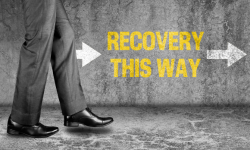






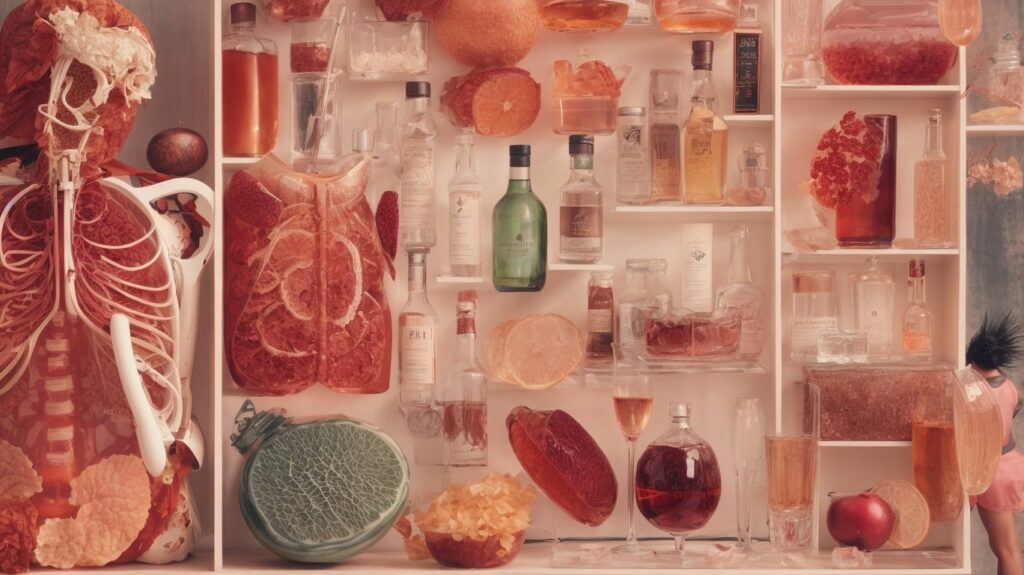





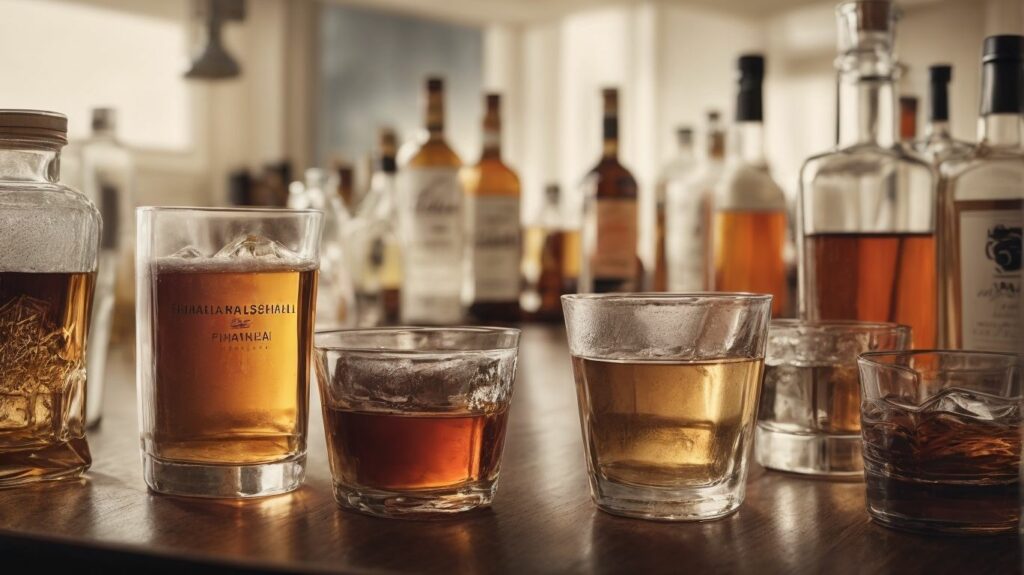





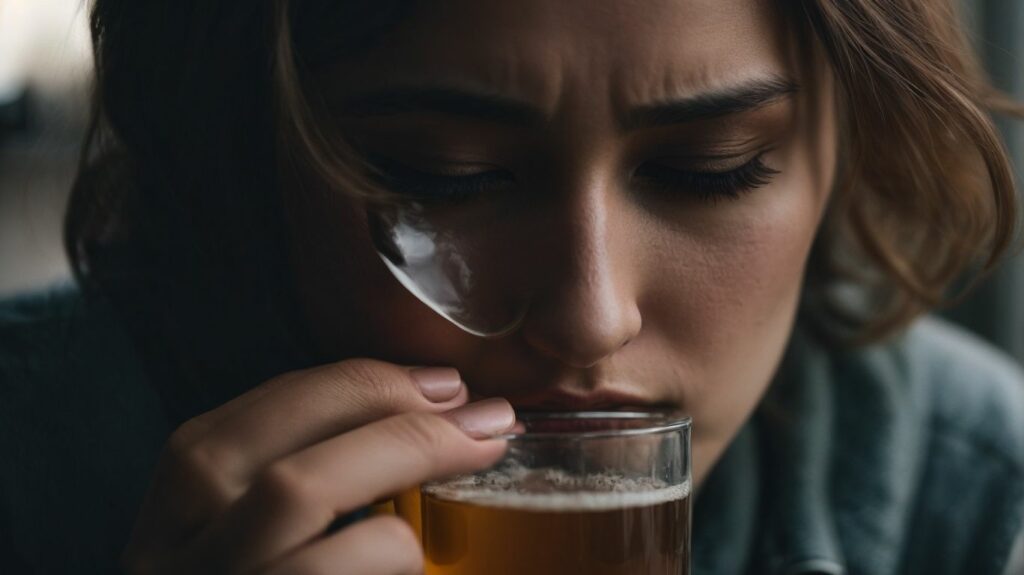



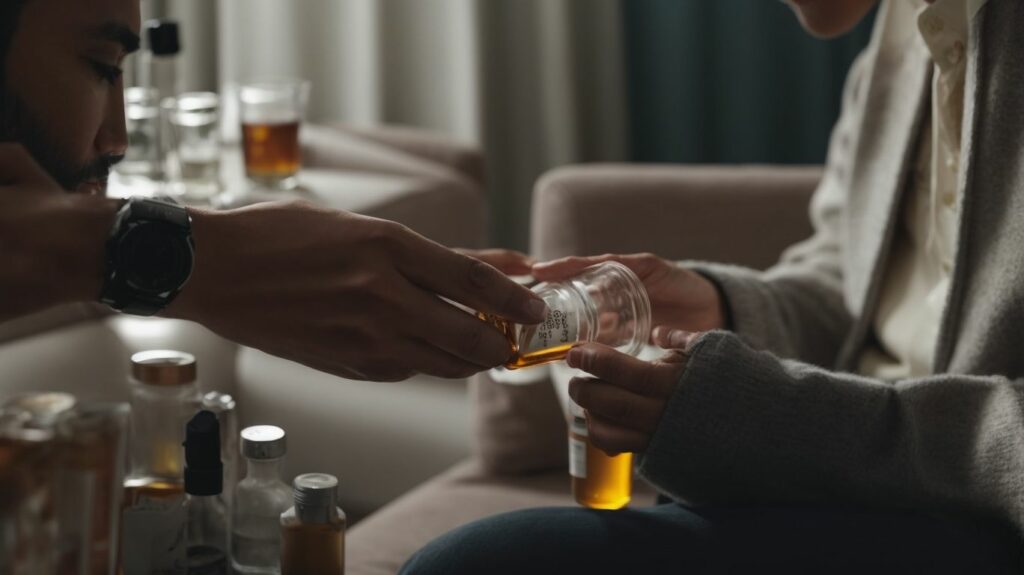




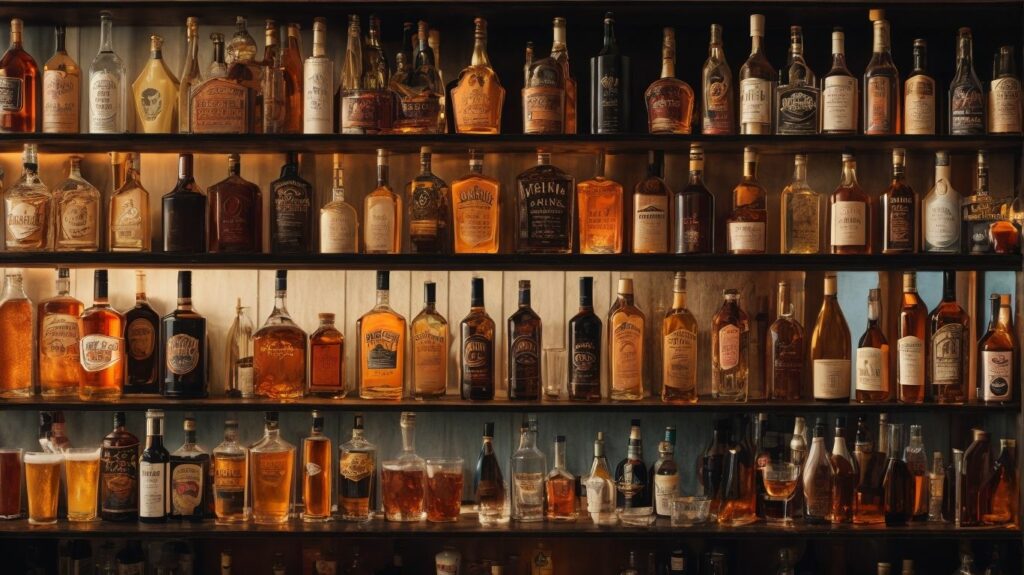

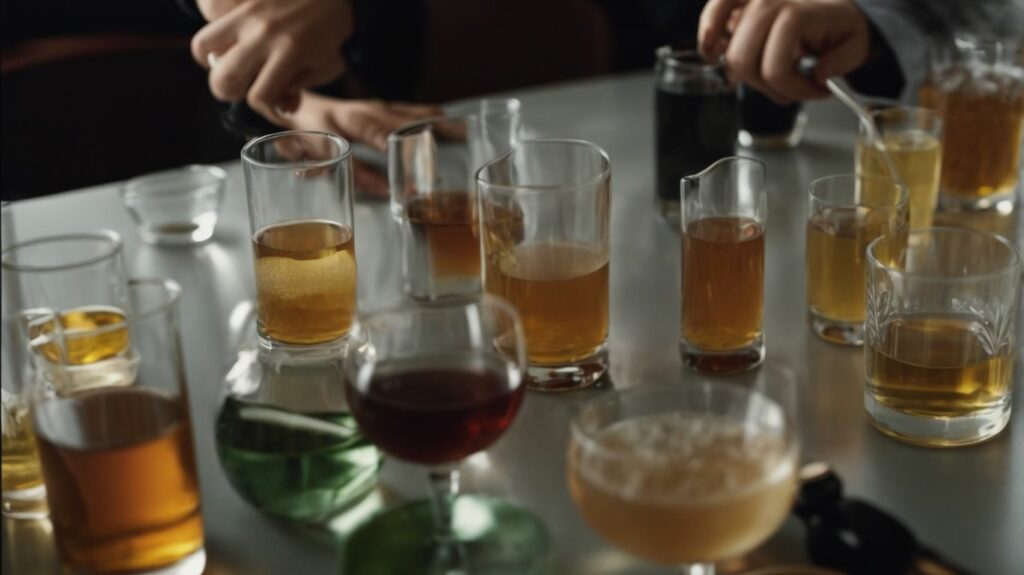





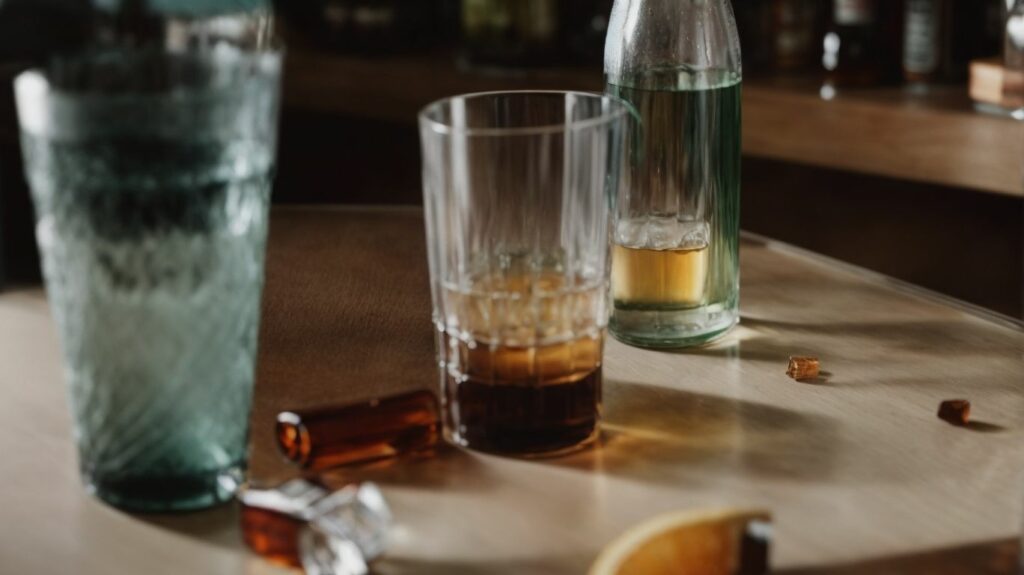

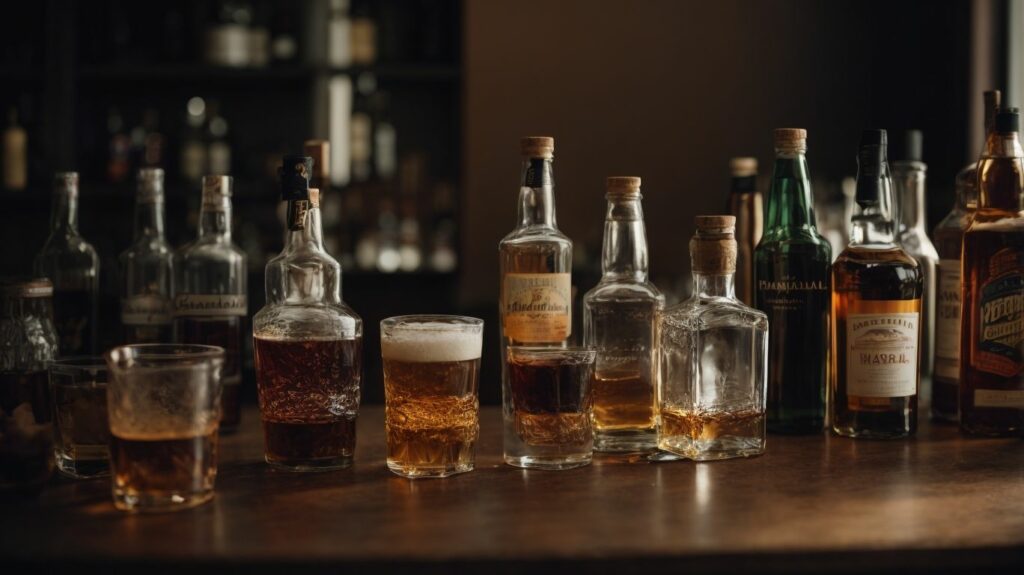

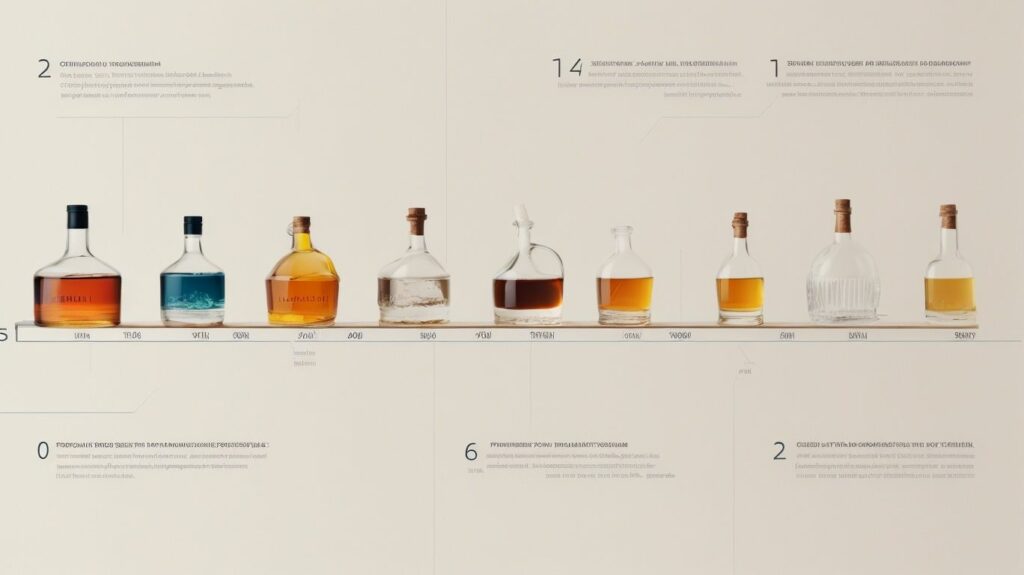
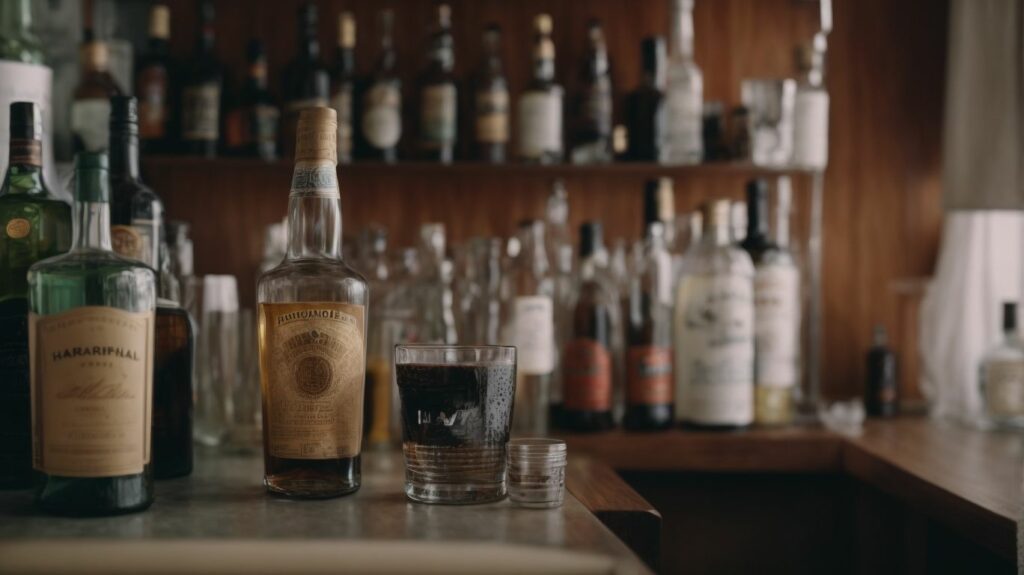
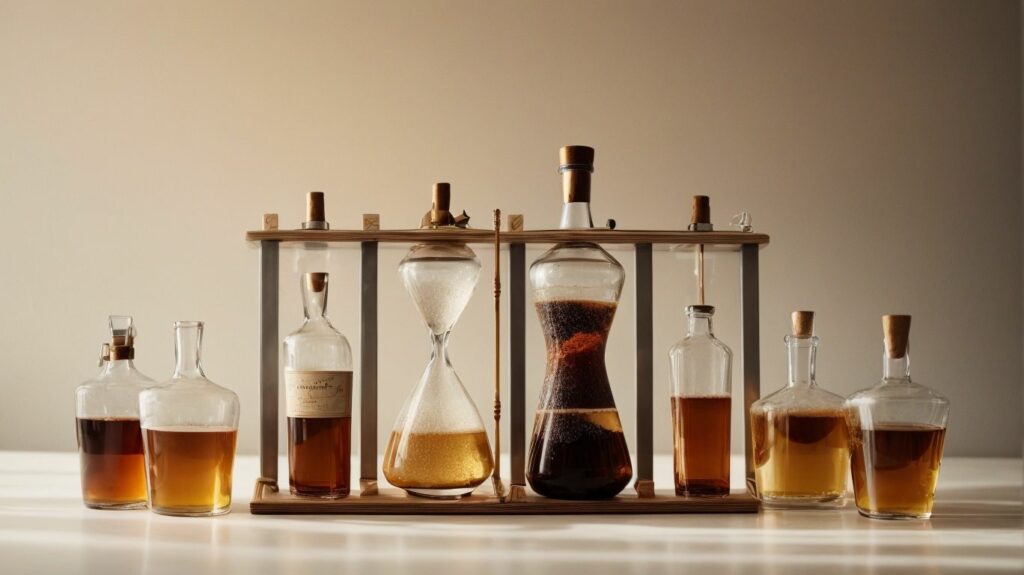



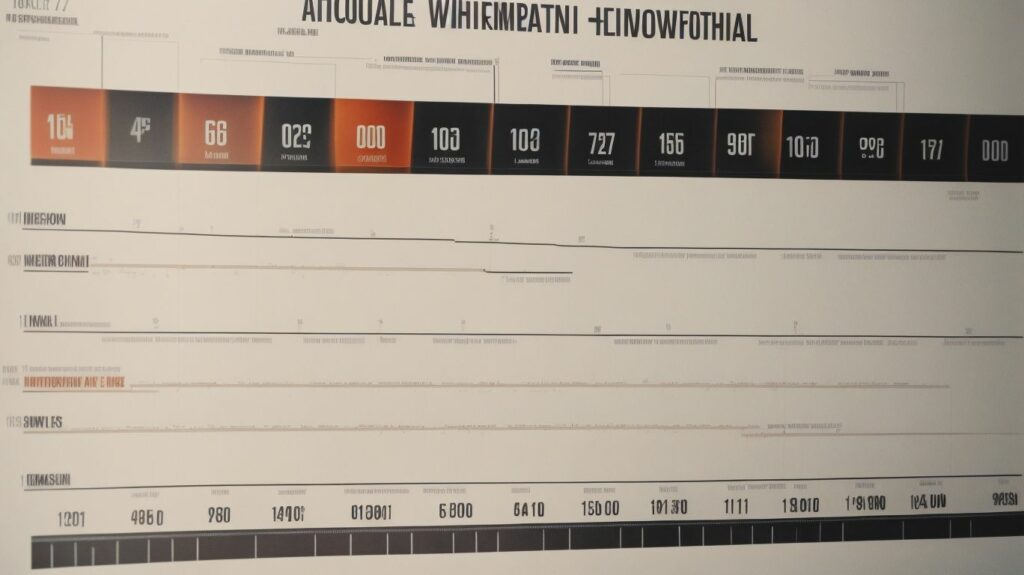





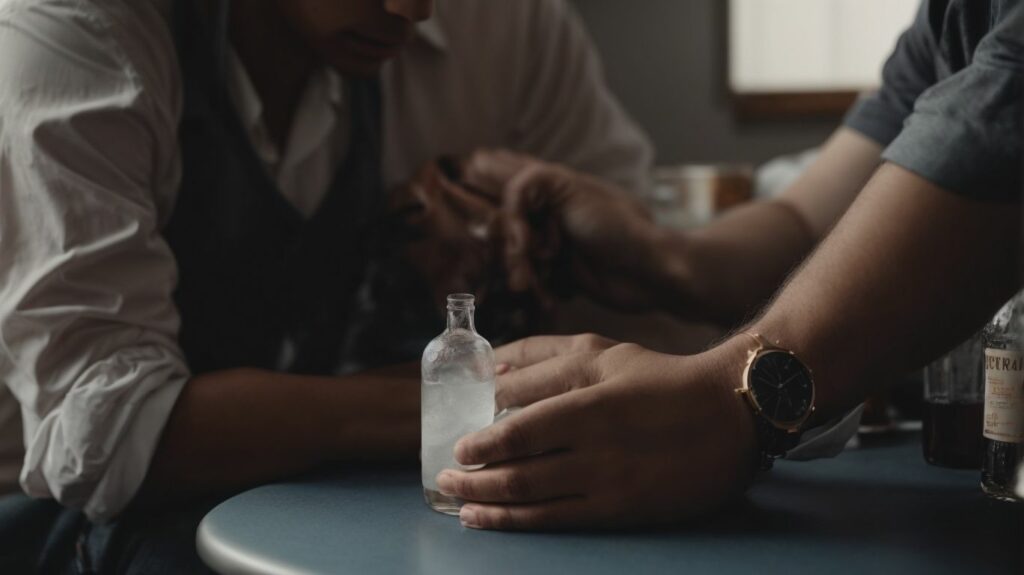










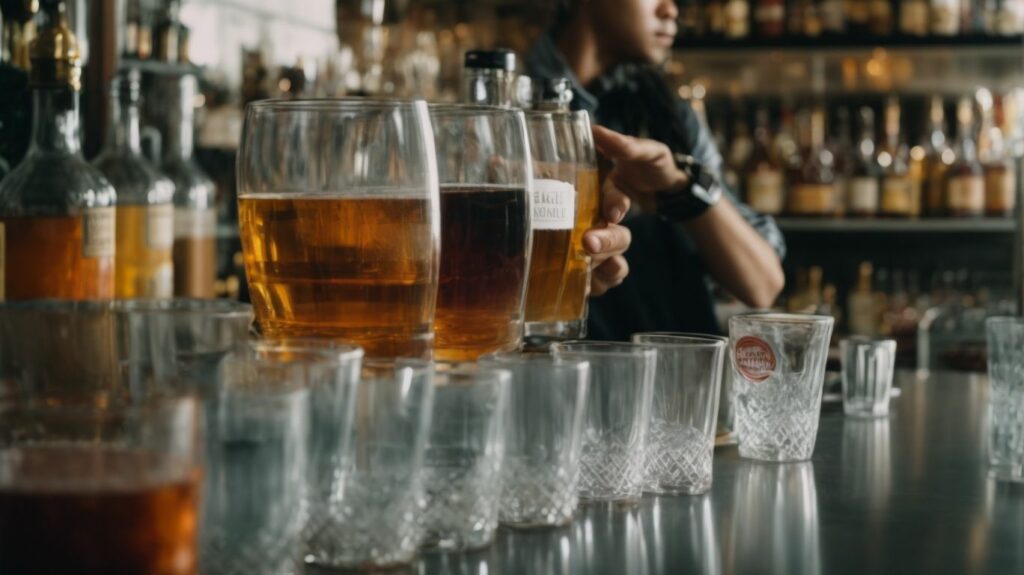





























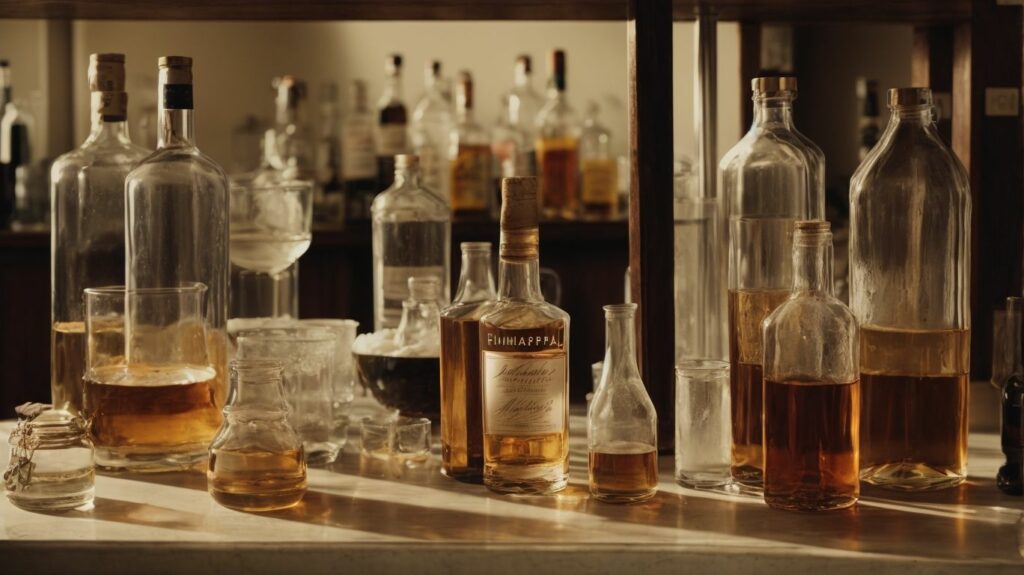






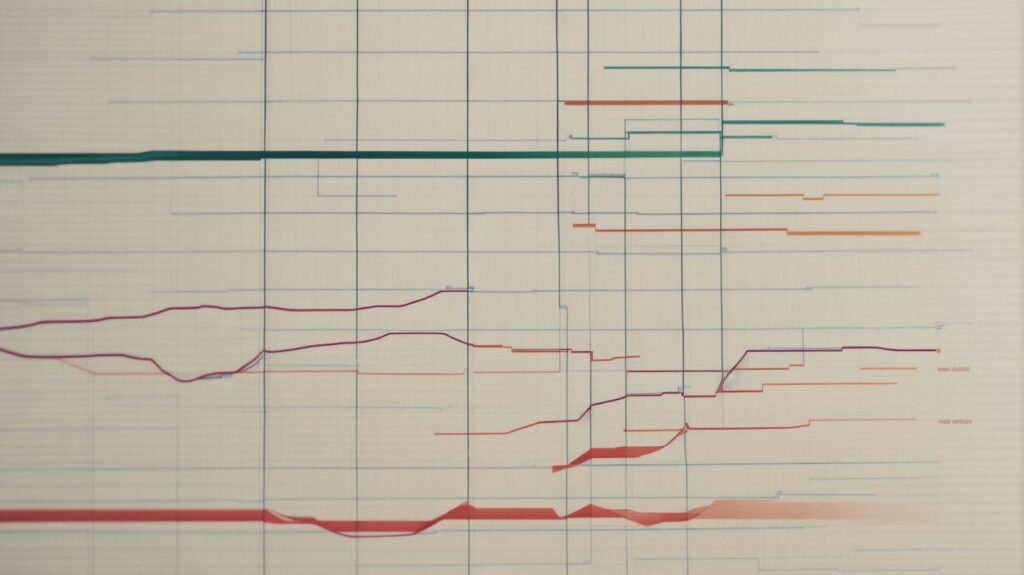











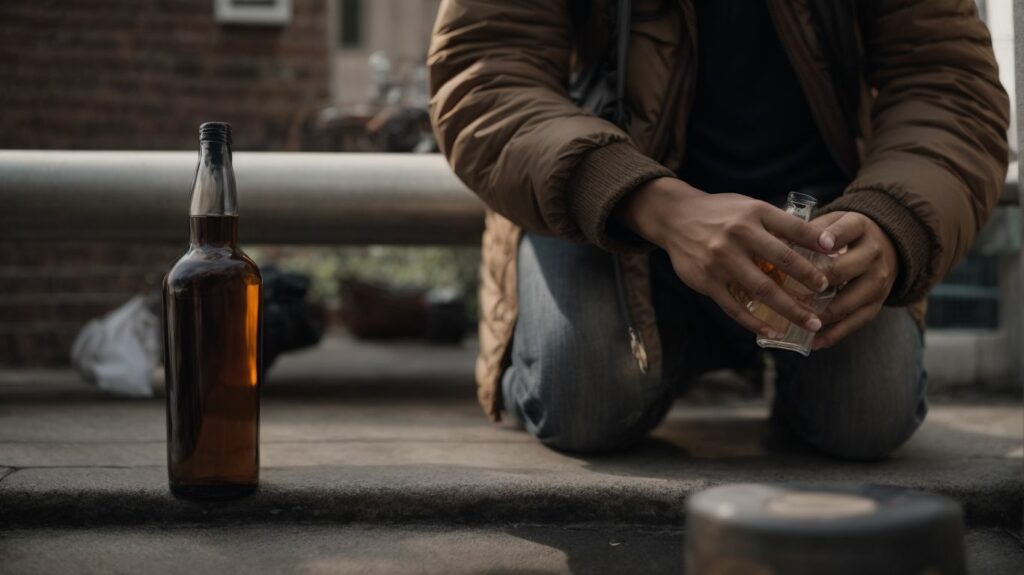






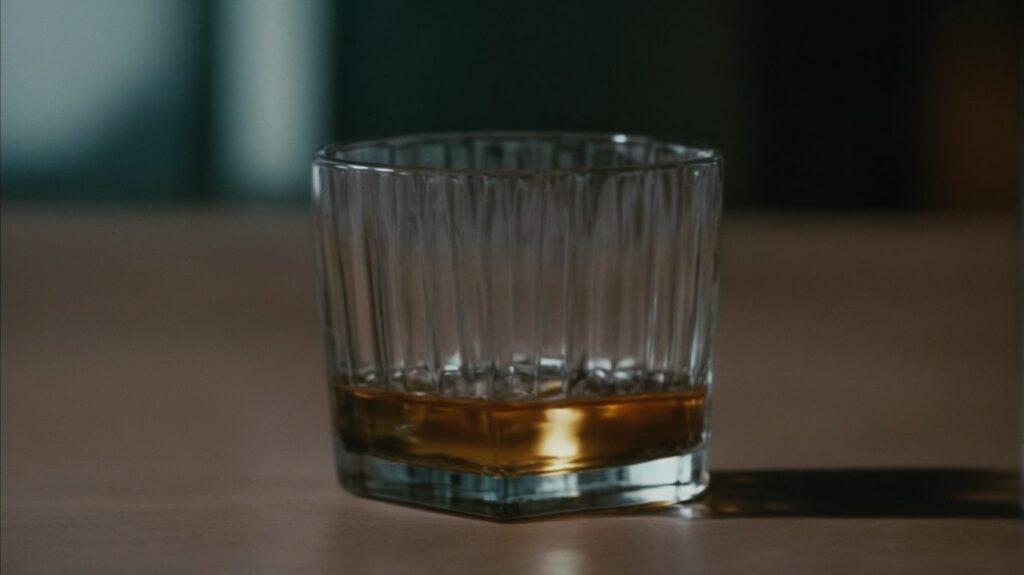

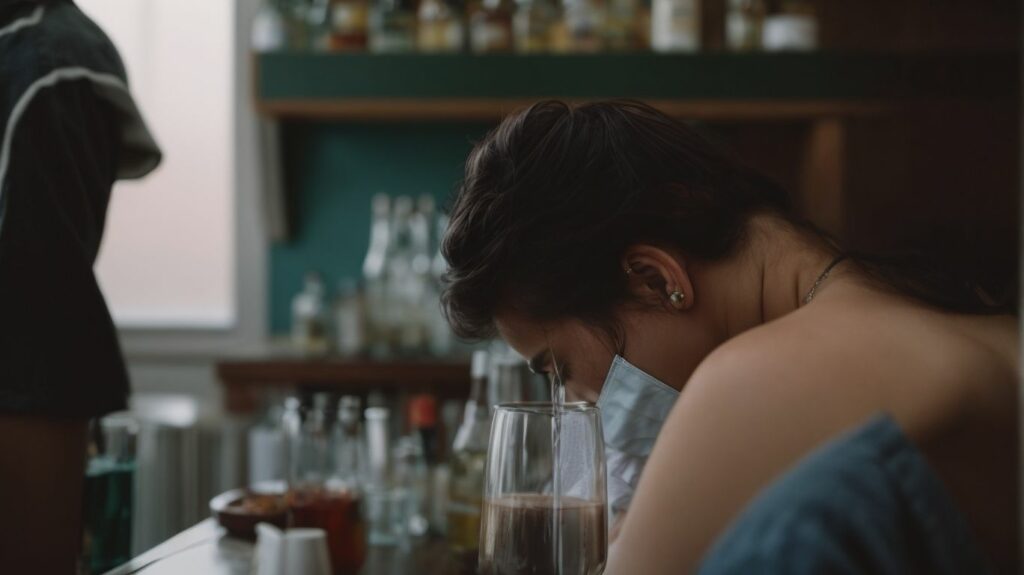

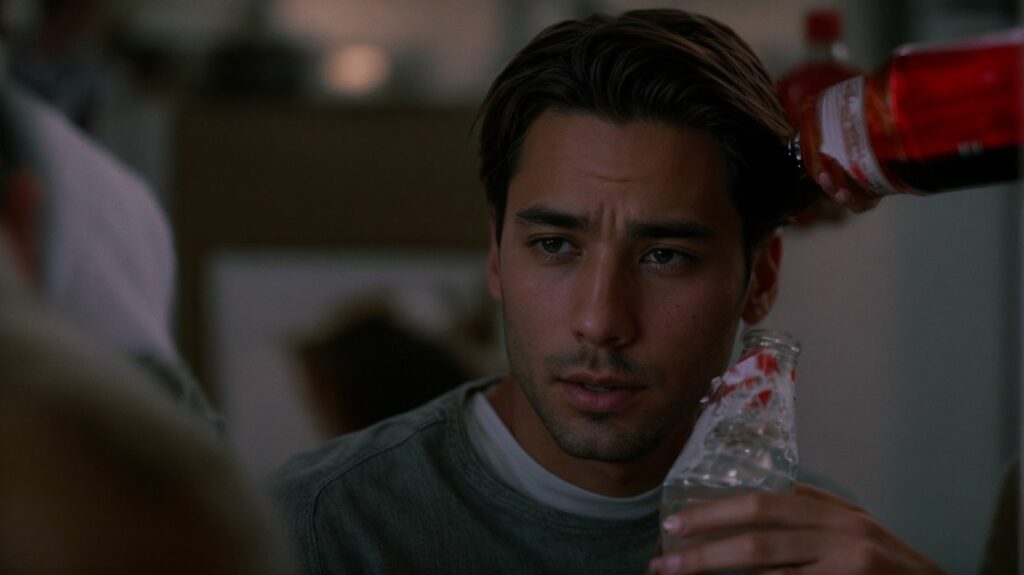


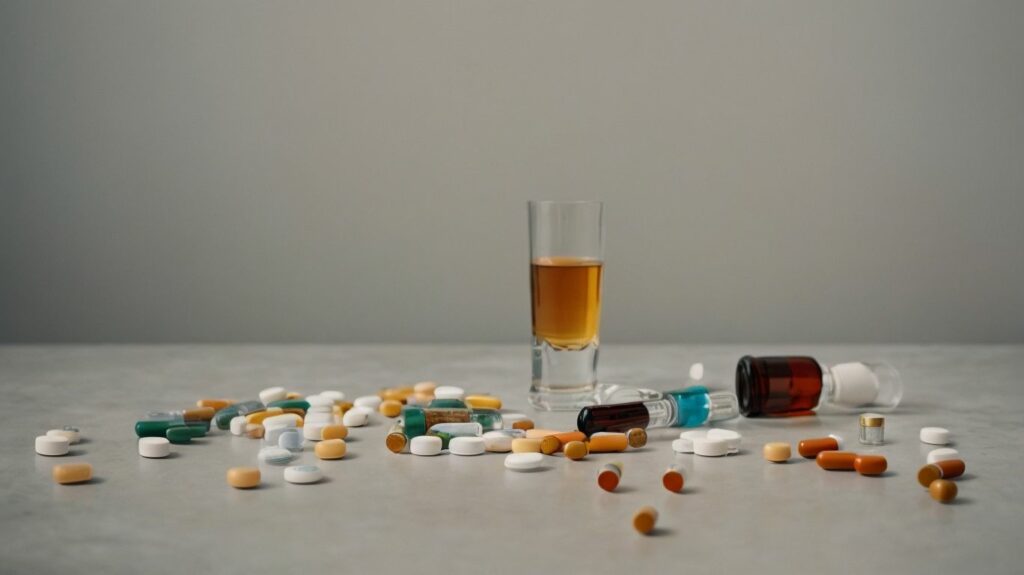


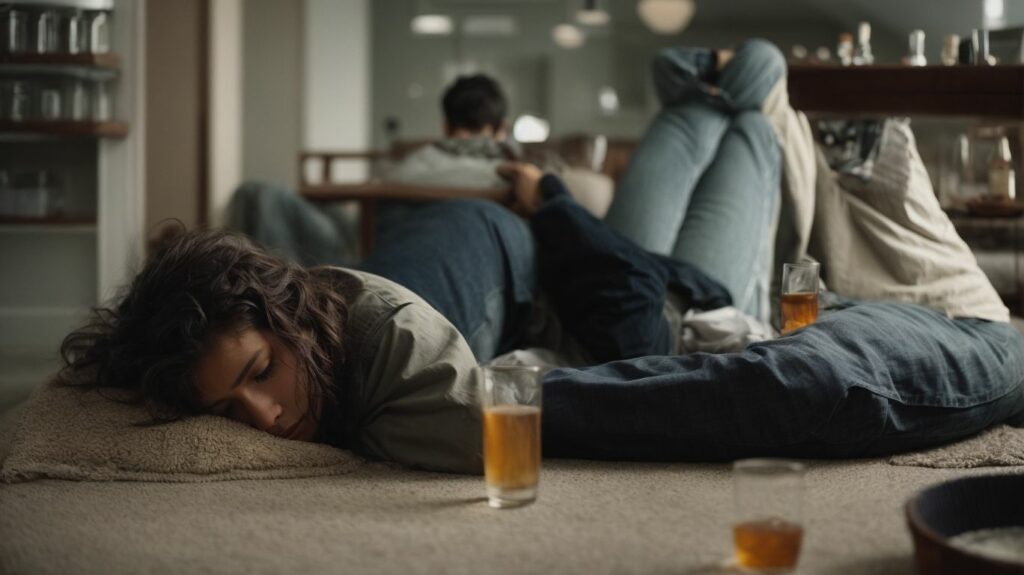
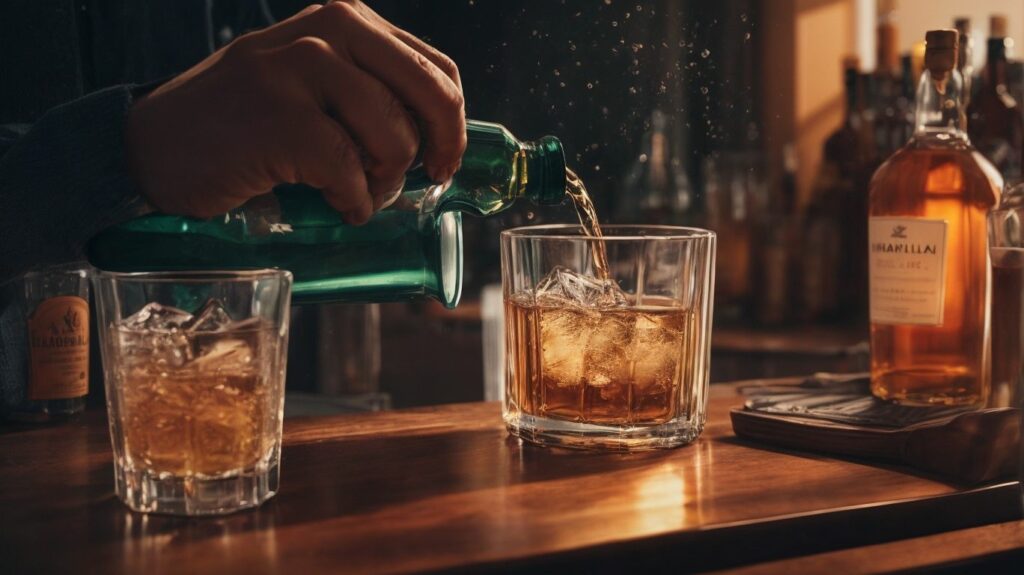
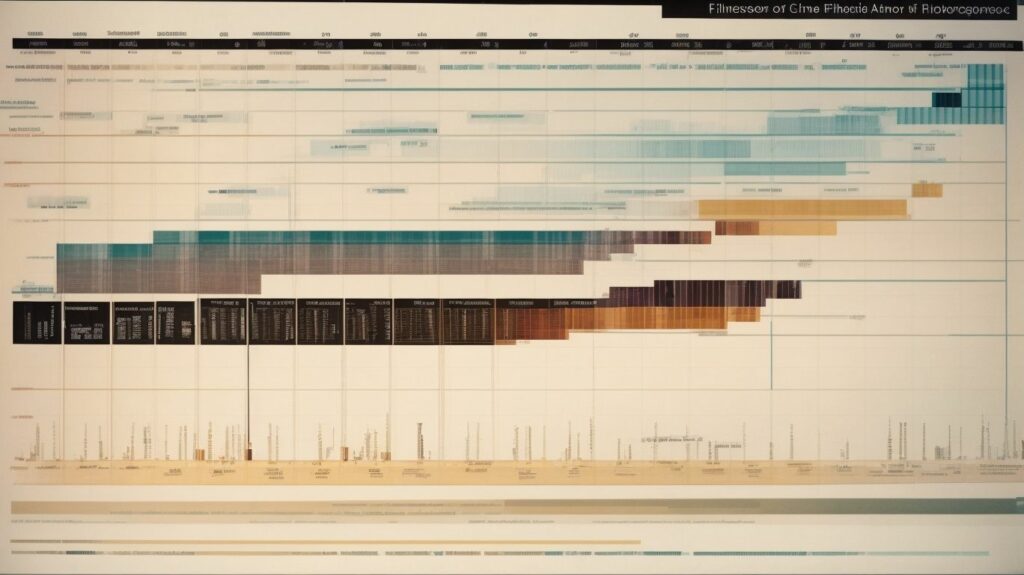
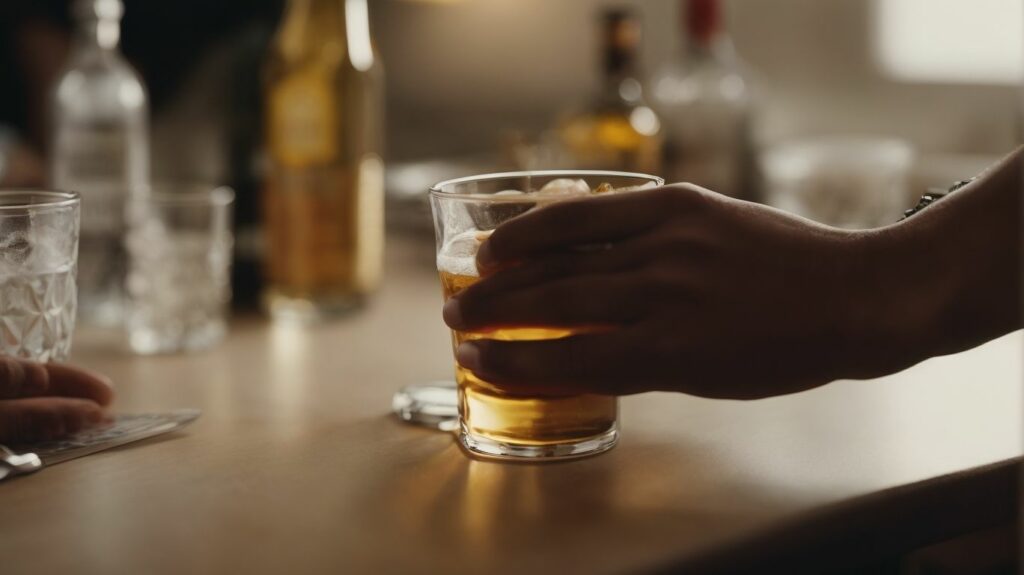


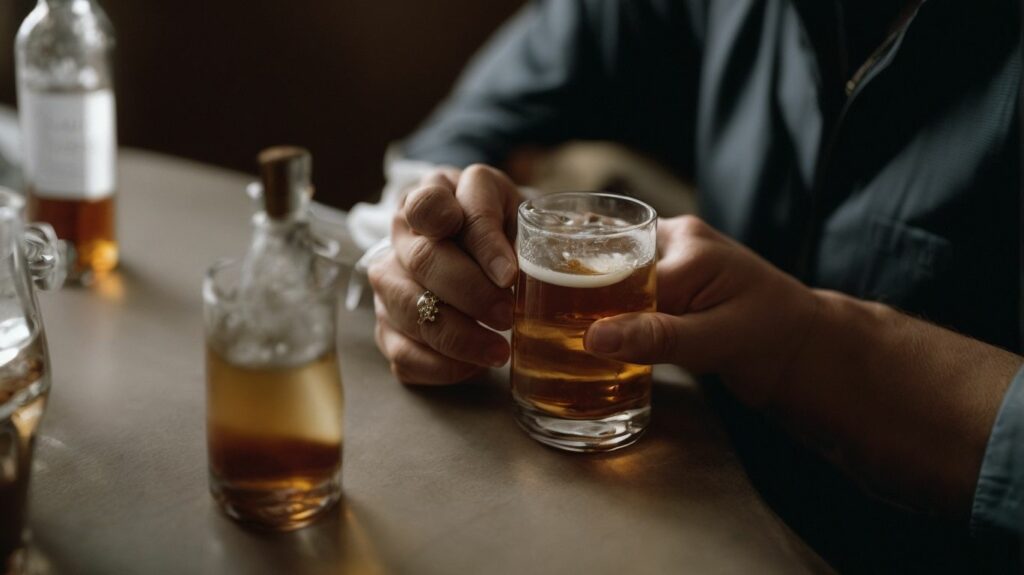


We Aim To Reply To All Enquiries With-in 24-Hours